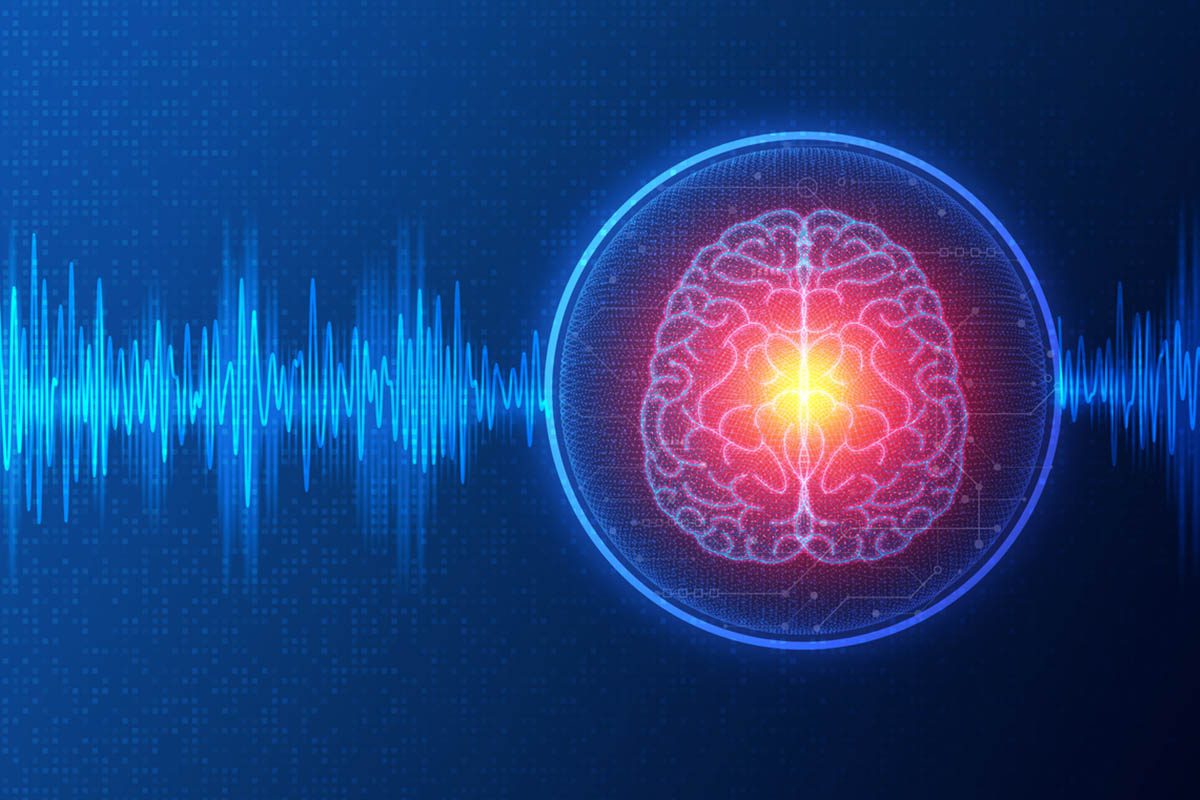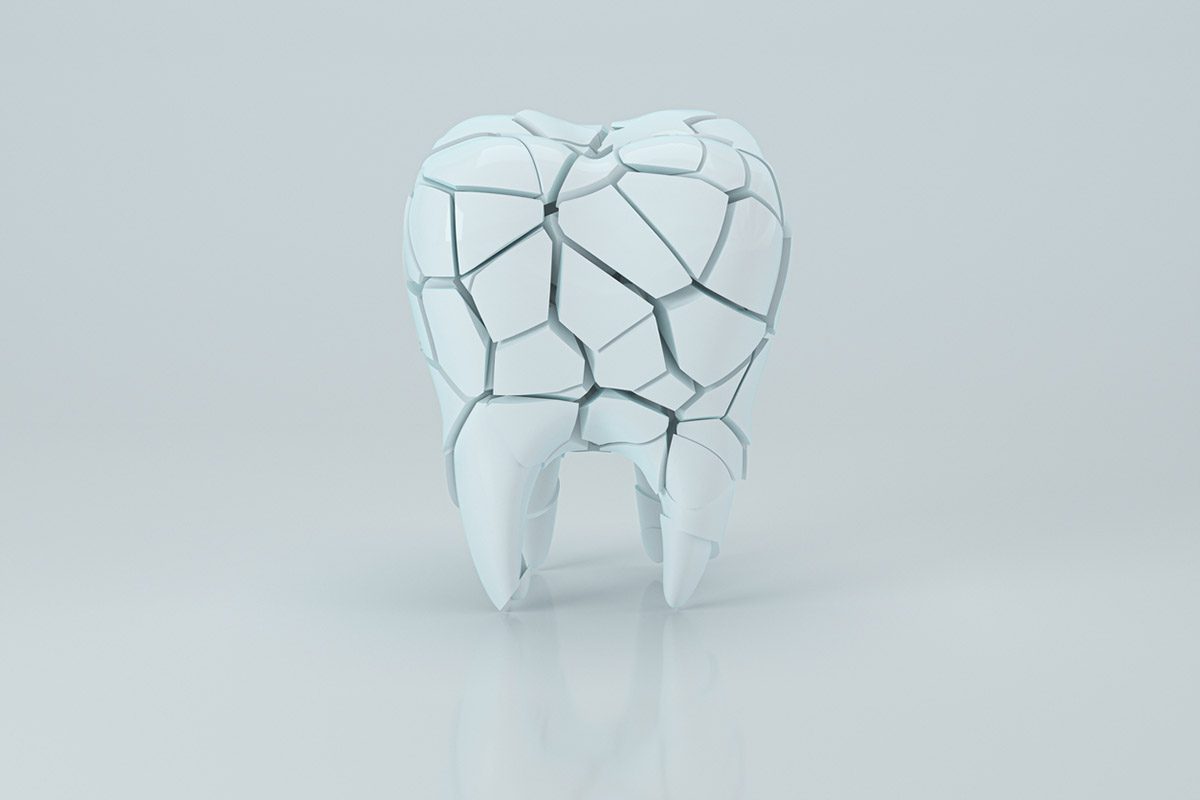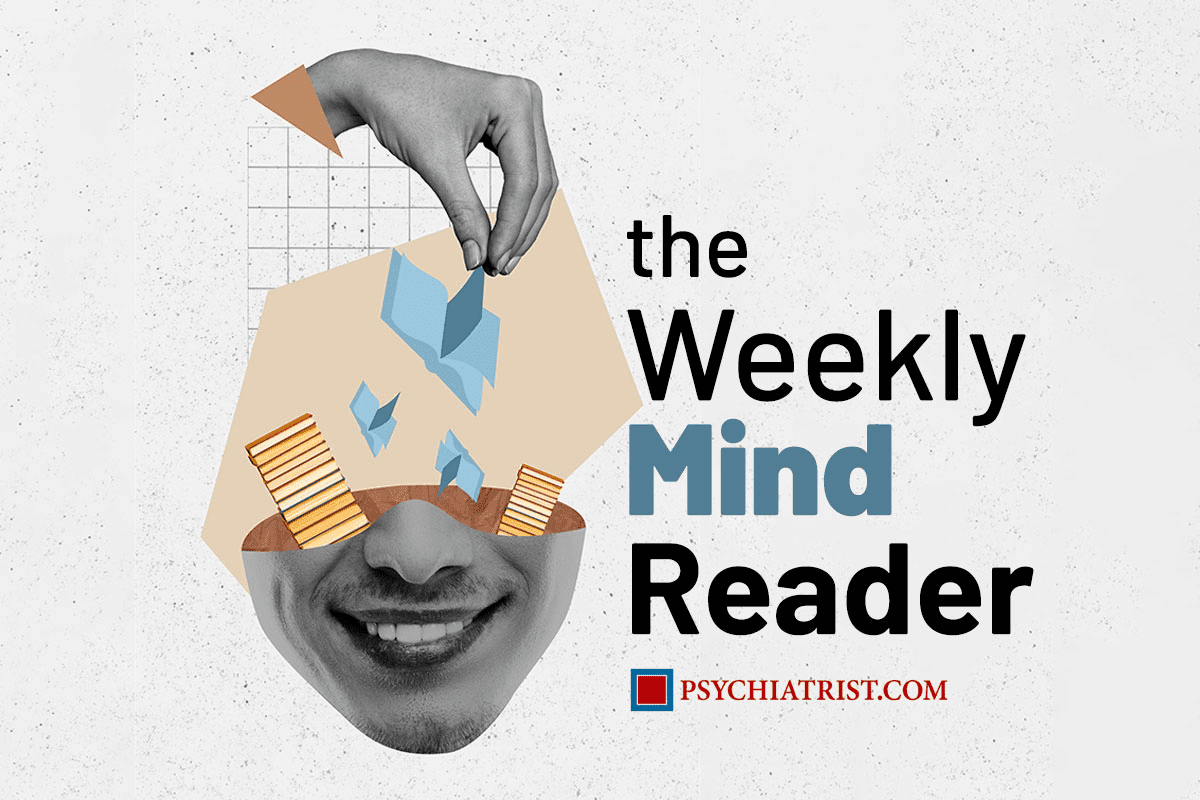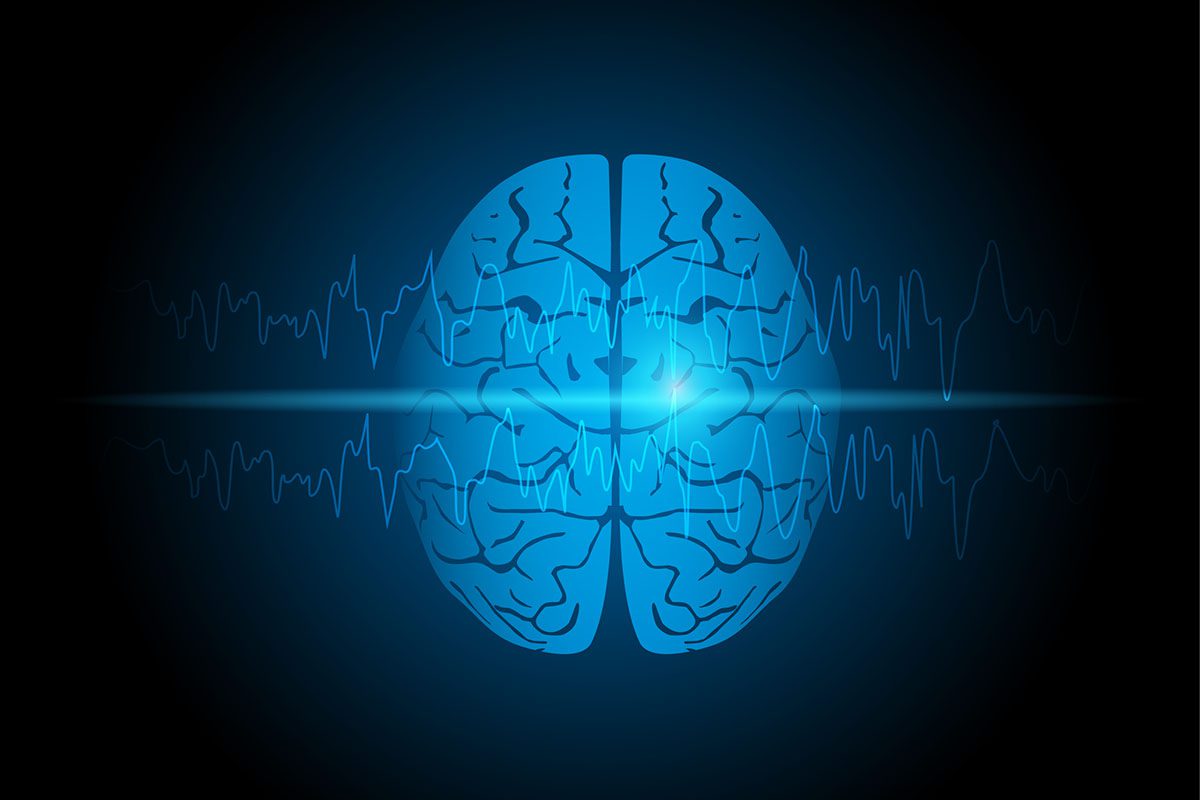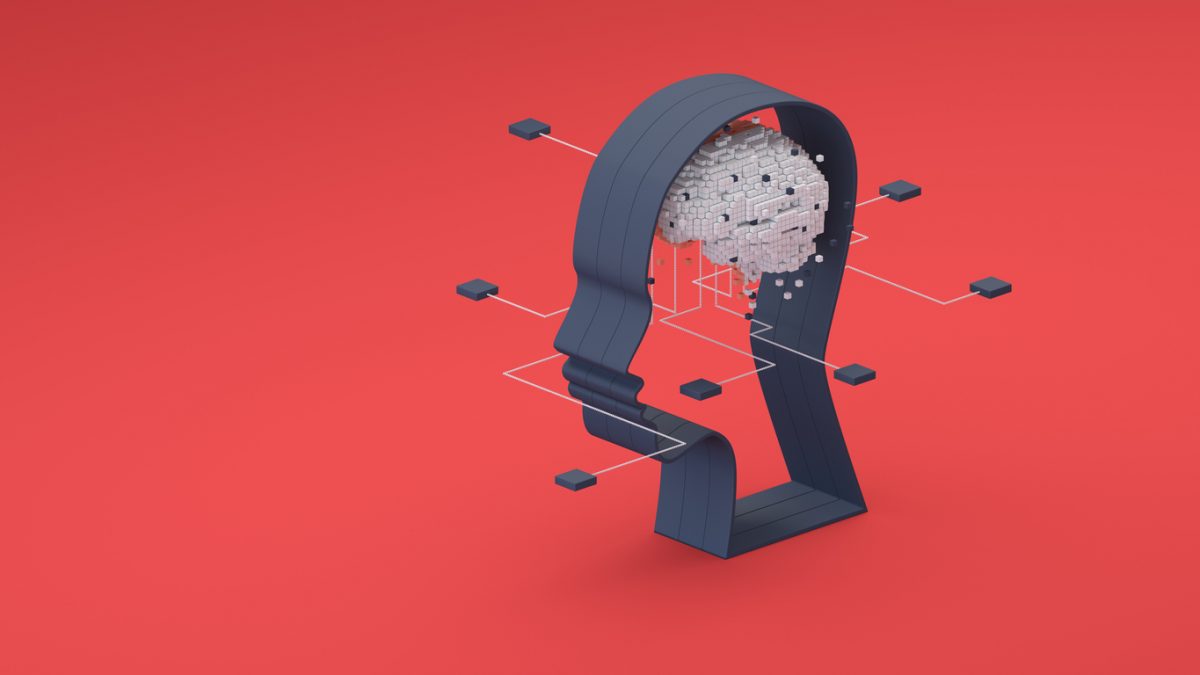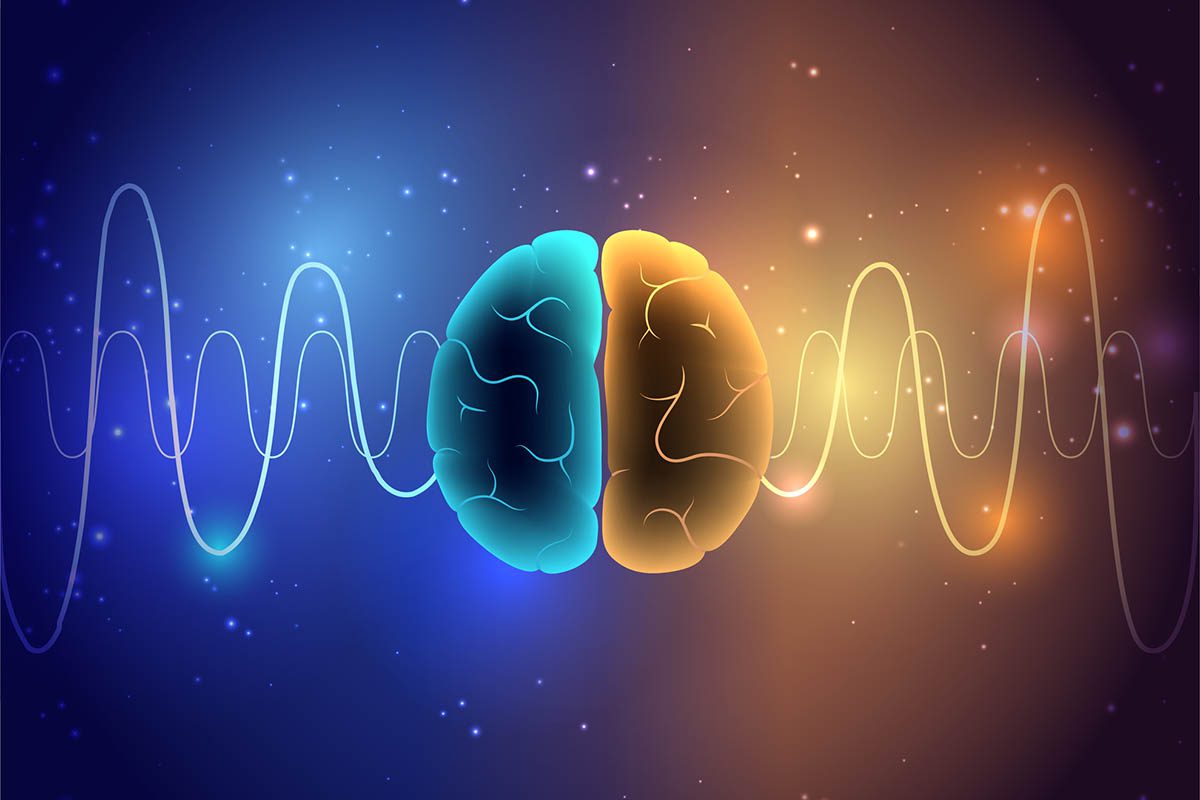Electroconvulsive Therapy (ECT) remains a vital treatment option for certain psychiatric conditions. The Journal of Clinical Psychiatry provides in-depth insights into ECT, exploring its mechanisms, efficacy, and safety profile. Curated by our expert editors, the content emphasizes the clinical scenarios where ECT can be most beneficial, ensuring psychiatrists have a nuanced understanding of this powerful therapeutic modality.
Electroconvulsive Therapy
Recently published articles about Electroconvulsive Therapy
Case Report
ECT for Catatonia With NPSLE, Epilepsy, and Cerebral Palsy
July 25, 2024
The authors discuss a patient with neuropsychiatric systemic lupus erythematosus, epilepsy, and cerebral palsy who developed benzodiazepine-refractory catatonia and immunosuppression with complete resolution of symptoms after 20 ECT treatments.
Review Article
Cognitive Effects of ECT in Schizophrenia: A Review
June 5, 2024
ECT was not associated with any significant cognitive deficits in people with treatment-resistant schizophrenia across global cognition, attention, language, visuospatial function, and executive function domains. The majority of studies...
Recent JCP Articles on Electroconvulsive Therapy
ASCP Corner
A Practical Guide for Tailoring Treatment Choices in Interventional Psychiatry
May 4, 2022
When 2 or more antidepressant trials have failed in patients with MDD, what comes next? This article compares 3 next-step interventions—TMS, esketamine/ketamine, and ECT—with a focus on incorporating the...
Recent PCC Articles on Electroconvulsive Therapy
Featured Electroconvulsive Therapy Research
Clinical and Practical Psychopharmacology
Insights on Use of Ketamine From RCTs of Ketamine vs Electroconvulsive Therapy in Severe Depression
March 28, 2022
ECT outperformed ketamine in recent randomized controlled trials. These studies also, however, shed light on ketamine’s potential as a viable alternative to ECT in some severely depressed patients.


